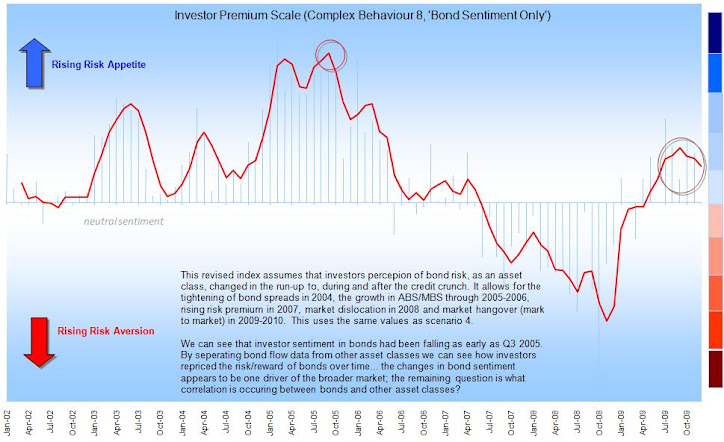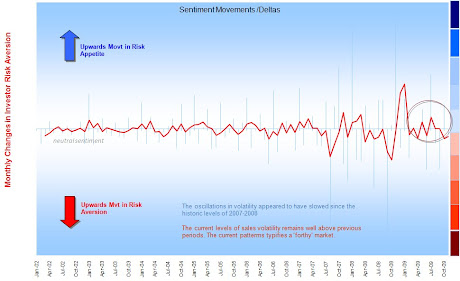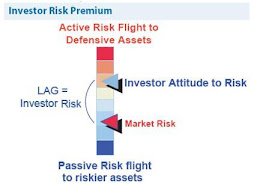To read in full: http://news.morningstar.com/articlenet/article.aspx?id=321017&pgid=rss
Do you agree; personally I am less confident of historical patterns but I often catch myself buying for recovery. Hey - I am an ashamed multiple-personality investor? So in general I can still appreciate John's sentiment if not his on-the-fence conclusion (suspect we can thank M'Star for that).
The M'Star headline read:
'Two Things to Consider Before Picking Funds: Think about your goals, and learn about market history.'
"The appropriate place for money that you'll spend within two years is in cash--a money-market fund or a certificate of deposit. For a time horizon of two to three years, you can consider a conservative short-term bond fund or an ultrashort bond fund. Anything else is too risky. Then you must be prepared to see the return on that investment lag many other choices. In fact, it's virtually guaranteed that some asset class or sector funds will dramatically outperform that money-market account safeguarding next year's tuition payment or down payment for a house. Learn to live with the fact that returns on short-term money may look weak next to alternatives.
In short, getting the best possible returns on that money isn't the point; protecting it from loss is more important. Certainty comes at a price.
Over the long haul, stocks have been better performers than money markets and short-term bond funds, but they're no panacea. Knowing market history can help you build a successful long-term portfolio that neither overdoses on stocks nor avoids them altogether.
Stocks have returned about 10% annually for nearly a century, but they can go through extended periods of very poor performance. For example, the S&P 500 Index has posted a cumulative loss of 8% for this decade through Dec. 28, 2009, while the BarCap US Aggregate Bond Index has posted a more pleasing 85% return over that time. Additionally, stocks produced virtually no return from the period beginning in the mid-1960s through the early 1980s. Use this grim knowledge to set and temper your expectations.
Knowing what stocks have returned over the longer haul, and knowing that they can disappoint over multidecade periods, can also help you keep saving appropriately. Don't count on a roaring stock market to bail you out of not having saved enough for retirement or another major financial goal. Then, if the next decade for stocks turns out to be a great one, that will be icing on the cake. "




No comments:
Post a Comment
Note: only a member of this blog may post a comment.